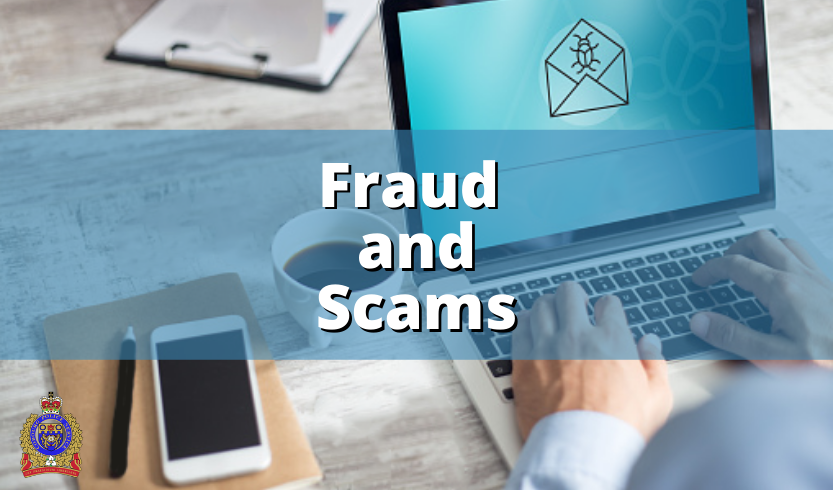
It is getting increasingly more difficult to distinguish fact from fraud, recognize sincerity versus scams. There is a wide range of active frauds and scams in Canada with new ones appearing every day. The best way to protect yourself is with knowledge.
Last year there had been over 71, 000 reports of fraud in Canada. Of those situations, there were 42, 130 victims who lost $104.4 million to these crimes —that is 34% of Canadians. The impact of fraud this year, from January through April alone, includes nearly 33,500 reports of fraud with 19, 610 victims paying out $66.7 million.
Some fraudulent scams to watch out for are ads, popups, websites, or vendors you do not recognize. These online links will take payments, but fail to deliver any products or may send counterfeit merchandise instead of authentic items. Another possibility may be when selling something yourself and seeing a pending payment or an overpayment that is then asked to be refunded. After sending the item or making the refund, the pending payment fails to finalize.
Since the pandemic began in March 2020, new covid-related scams have become prevalent. In just one year, there were 19, 570 fraud reports with 17, 717 victims losing $7.26 million. Many of these are due to sales of counterfeit vaccines, including home vaccine kits, fake covid tests, and phony lists of local people infected with covid. There are also malicious phone apps or email attachments appearing online as well. Some of these victims found their identities being used to get CERB payments without ever seeing a cent of these cheques.
One of the most common types of fraud occurring in Canada right now is identity theft. In 2009 only 1 of 100,000 people were victims of identity theft, as of 2019 there were 50 in every 100k, and now there are even more. These thieves obtain personal information in order to apply for everything from cell phones to credit cards to loans to government benefits. They may rent cars and apartments or commit crimes using your credentials. These criminals could even try to take over email and social media accounts to destroy your reputation.
There are many different ways to protect yourself from fraud and scams, some of which include:
- Clear computer browsers cookies and cache after completing financial transactions
- Shred personal and financial documents before disposing of them
- Check bank and credit card statements closely
- Monitor credit reports
- Change passwords regularly
- Disable “geo-tracking” on mobile phones
- Set up alerts for whenever your name is used online
Also remain cautious when it comes to telephone calls, mail, emails, and text messages asking for your personal and financial information —someone pretending to be the Canada Revenue Agency is frequently used for tax fraud. Always check your official CRA account for notifications before providing any information or payment.
If you or a family member were victims of fraud, please contact the Cobourg Police Service at 905-372-6821 or the law enforcement agency in your jurisdiction and report it to the Canadian Anti-Fraud Centre online or by phone at 1-888-495-8501 (toll free).
To find out more information about protecting yourself from fraud, a good resource to use is www.antifraudcentre-centreantifraude.ca
